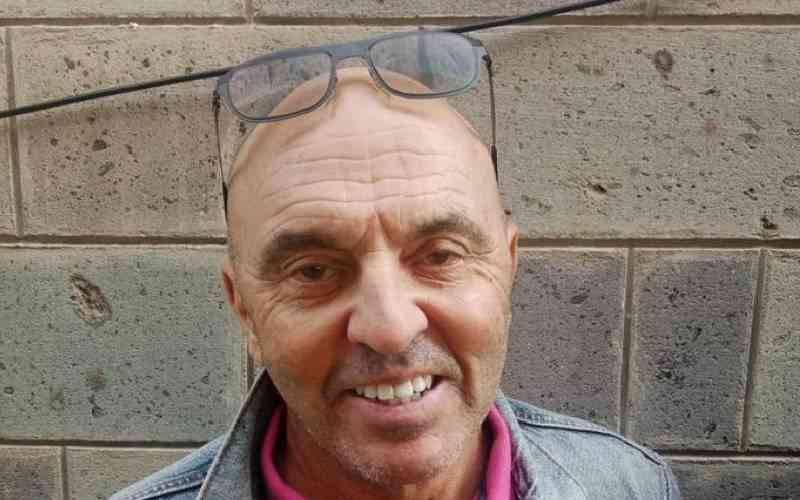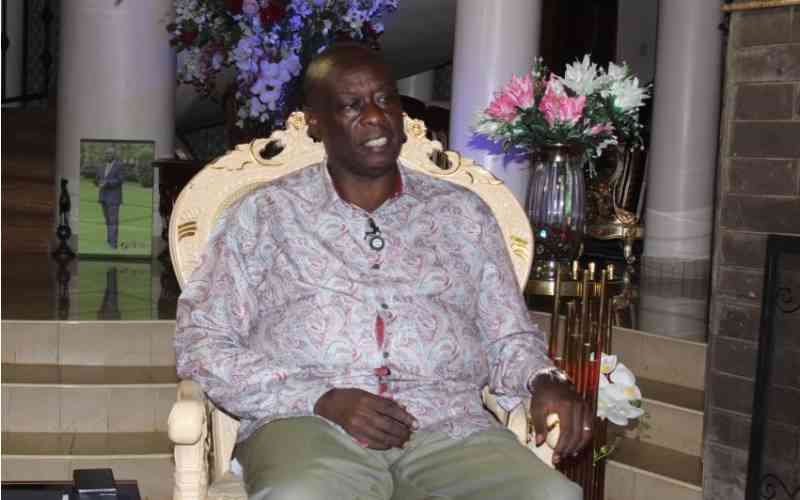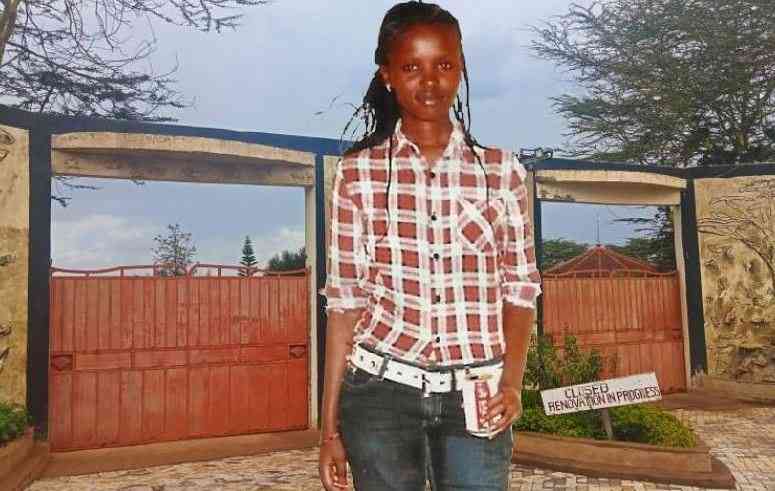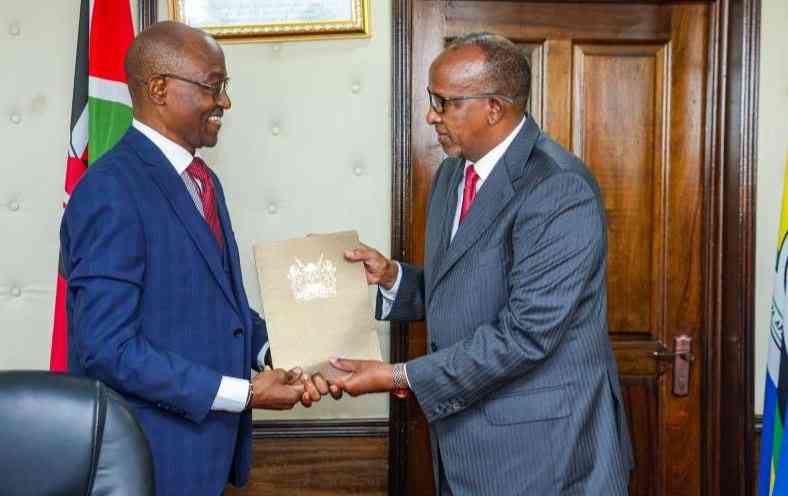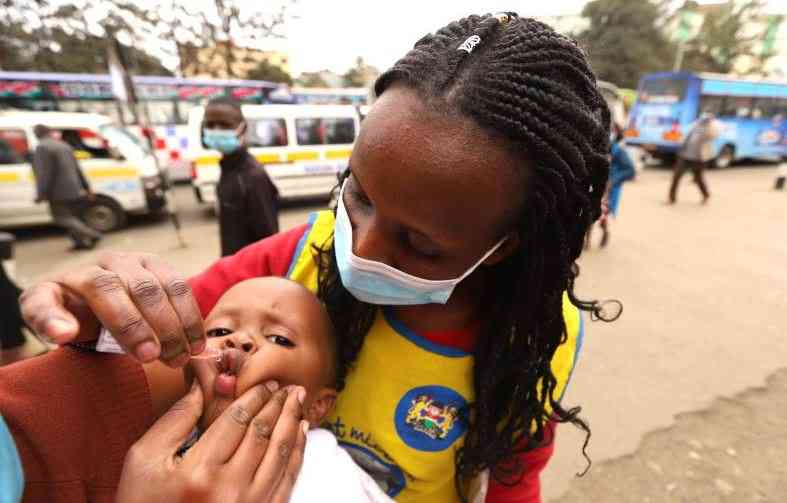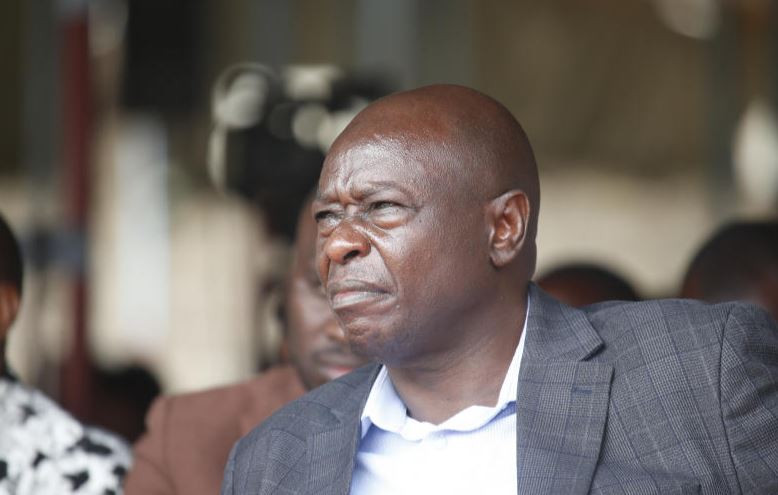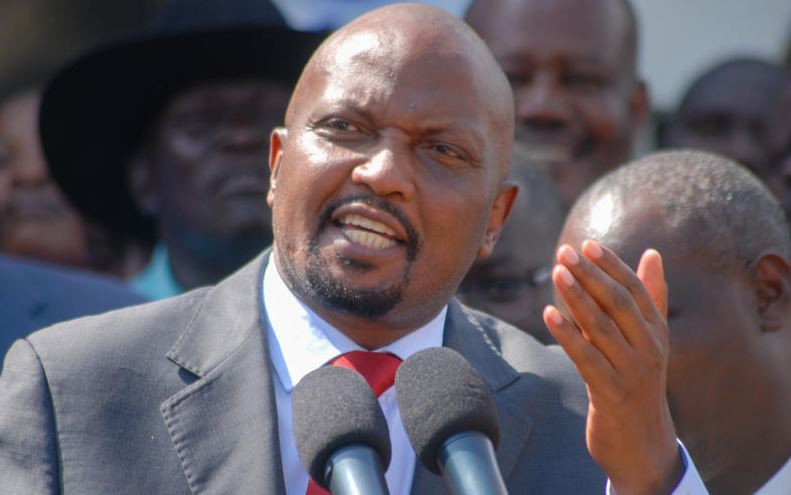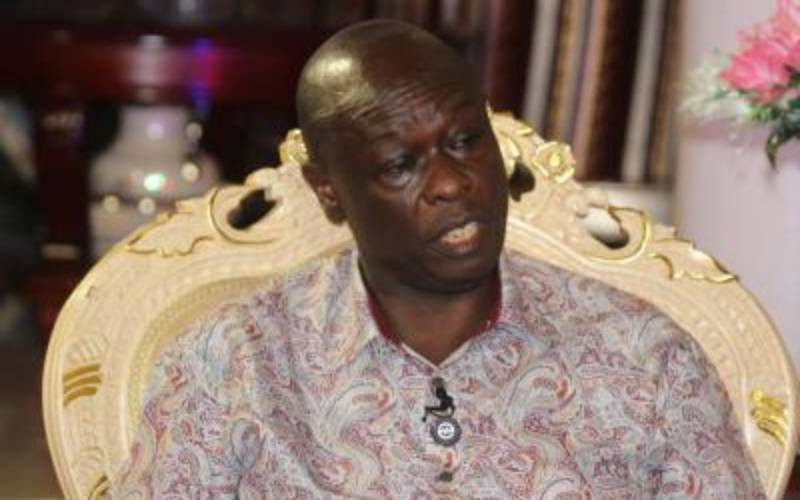
A measles outbreak in the US has raised global health concerns, with newborns in Kenya facing increased risk of diseases if a global vaccine initiative follows through on its threat to withhold vaccines from the country.
Kenya is at risk of running out of vaccine supplies due to government’s failure to meet its Sh1.6 billion co-financing obligation to Gavi, the Global Alliance for Vaccines and Immunisation.
Among the childhood vaccines that could be affected are Measles Rubella (MR), malaria, pneumococcal conjugate vaccines (PCV), Pentavalent, Human Papillomavirus (HPV), the rotavirus vaccine that prevents diarrhoea causing neonatal deaths, Typhoid Vaccine (TCV), and Yellow Fever (YF).
In a letter dated January 28, 2025, Gavi formally reminded the Kenyan government of its co-financing obligation for the 2024/25 fiscal year, warning that failure to pay by the June 2025 deadline could severely disrupt vaccine supply chains, which require a three-month lead time for delivery.
Beyond stock shortages, Kenya risks being placed in default, which could block approval for new vaccine support and suspend disbursements to the Health System and Immunisation Strengthening (HSIS) programme.
If the arrears remain unresolved for more than a year, the country could face the suspension of already approved vaccine support.
With less than a month remaining until Gavi’s co-financing deadline, the government has yet to act, putting the supply of childhood vaccines at serious risk.
The delay exposes children to preventable diseases, such as measles, rotavirus, and malaria—illnesses that have been significantly controlled through vaccination.
While Kenya struggles to fund its immunisation programme, the US is grappling with a measles outbreak that has claimed three lives and infected over 600 people, according to the Centers for Disease Control and Prevention.
According to a BBC report, President Donald Trump, speaking aboard Air Force One on Sunday, said he believed the outbreak was largely contained.
“It’s so far a fairly small number of people, relative to what we’re talking about. We’ll see what happens. If it progresses, we’ll have to take action. Very strong action,” he said.
In Kenya, the measles vaccine is administered to children at nine and 18 months, whereas those born to HIV-positive mothers receive it at six, nine, and 18 months respectively.
Measles is a highly contagious viral disease that affects individuals of all ages and remains one of the leading causes of death among young children globally.
The disease is transmitted through airborne droplets from the nose, mouth, or throat of infected individuals.
Seme MP Dr James Nyikal has called for stricter monitoring of travellers arriving from the US, warning that they could be carrying measles.
“We need to monitor travel from the US into the country due to the risk of measles transmission. This isn’t up for debate; it’s a standard public health response,” Nyikal who chairs the National Assembly’s Departmental Committee on Health told The Standard.
In response, Director of Health Dr Patrick Amoth stated that the Ministry is actively monitoring public health events at the national, regional, and international levels.
“This event is quite remote from us, but standard public health measures still apply—surveillance, risk communication, community engagement, infection prevention and control, among others,” said Dr Amoth.
On the issue of vaccine supply, Nyikal stressed the urgent need for the government to procure all essential childhood vaccines to prevent potential outbreaks.
Amoth maintained that the money due to Gavi is not a debt, but co-financing, which is due by June 30, 2025, and that resources are being mobilised to address the issue.
“We are in discussions with the National Treasury to mobilise the resources for payment. We are prioritising this payment and are cautiously optimistic that we will meet the deadline to safeguard the lives of Kenyan children,” said Amoth.
While the Ministry plans to allocate funds for vaccination, parents and health experts warn that delays in vaccine supply could trigger outbreaks of measles and other preventable childhood diseases.
Marianne Wanjiru, a mother of an 18-month-old, expressed concern over the funding crisis coupled with the US measles outbreak, which is heightening anxiety among mothers whose children are not fully vaccinated.
Wanjiru, a community social worker, noted that Kenya has faced inconsistent vaccine supply under the Kenya Expanded Programme on Immunisation (Kepi).
“I can afford vaccines because I’m employed—but what about someone who can’t even afford food?” she asked. “I hope the government acts quickly. Measles is highly contagious, and polio can cause disability or death. This will only become a burden if not addressed.”
Kenya Medical Practitioners and Dentists Union (KMPDU) Deputy Secretary-General Dr Dennis Miskellah linked the measles outbreak in the US to the rise of the anti-vaccine movement, but stressed that, for global health security, everyone must be vaccinated to prevent the spread of diseases. “The moment we compromise healthcare in a country, we end up threatening the health of the people,” said Miskellah.
He noted that the US healthcare system can manage outbreaks without major constraints, but if such a situation were to occur in Kenya, “it would sweep hundreds of children.”
Kenya’s vaccination rate stands at 80 per cent, an achievement Miskellah linked to support from Gavi, Bill Gates, and the World Health Organisation (WHO)—organisations whose funding continues to decline.
“While these funds are being cut, we are now hearing about vaccine shortages. A larger population of newborns is likely to miss out on these vaccines as donor support decreases,” said Miskellah.
Dr Margaret Lubaale, Executive Director of the Health NGOs Network, emphasised the need for the government to fast-track the process, warning that any financial gaps could lead to vaccine shortages, undermining years of progress in immunisation efforts.
“When a donor has had to remind us about our promise, I think this does not reflect well on us as a country. We need to safeguard our children by ensuring the full financing of the immunisation programme,” Lubaale told The Standard.
 The Standard Group Plc is a multi-media organization with investments in media platforms spanning newspaper print
operations, television, radio broadcasting, digital and online services. The Standard Group is recognized as a
leading multi-media house in Kenya with a key influence in matters of national and international interest.
The Standard Group Plc is a multi-media organization with investments in media platforms spanning newspaper print
operations, television, radio broadcasting, digital and online services. The Standard Group is recognized as a
leading multi-media house in Kenya with a key influence in matters of national and international interest.


